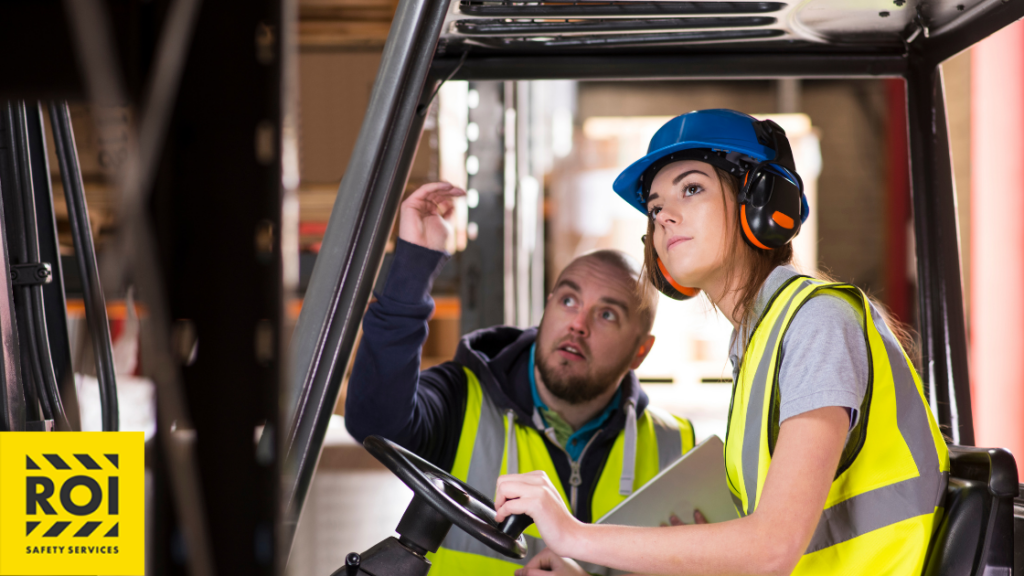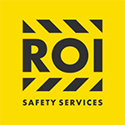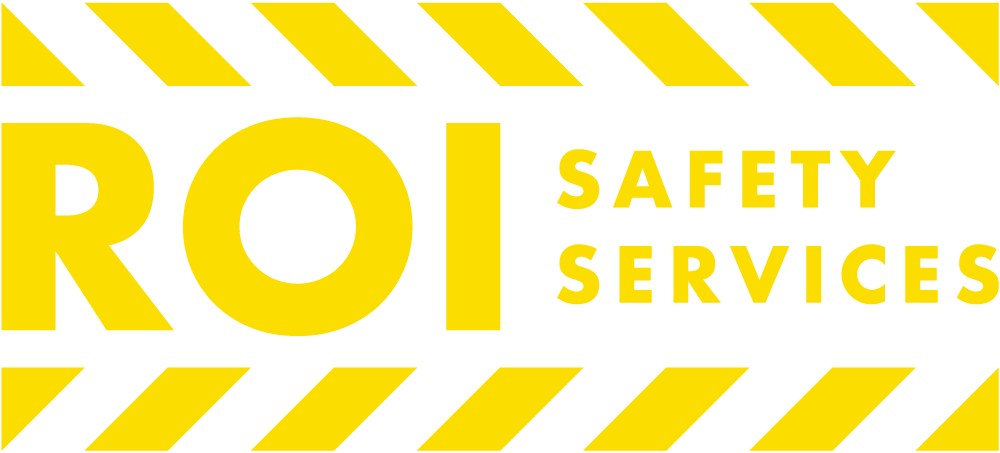Navigating the world of forklift operation in California requires more than just skill; it demands proper certification. OSHA forklift certification ensures that operators are trained to handle equipment safely and efficiently, reducing workplace accidents and enhancing productivity. For employers and employees alike, understanding the certification process is crucial for compliance and safety.
In California, the journey to becoming OSHA certified involves specific training and evaluation. With various options available, including online courses and hands-on training, aspiring forklift operators can find a path that suits their needs. This guide will break down the essential steps to achieve certification, ensuring a smooth transition into the world of safe forklift operation.

Overview of OSHA Forklift Certification
OSHA forklift certification ensures that operators are competent in safely handling forklifts, a critical aspect of warehouse operations. In California, the certification adheres to the standards set by the Occupational Safety and Health Administration (OSHA). Compliance with these standards safeguards employees, minimizes accidents, and enhances operational efficiency.
Training encompasses both theoretical knowledge and practical skills. Operators learn about the types of forklifts, load handling, and safety protocols. They also practice operating equipment under the supervision of qualified instructors.
Certification is valid for three years, after which operators must complete refresher training to maintain their skills and knowledge. Various training options are accessible, including in-person classes and online courses, which cater to different learning preferences. Trusted providers, like ROI Safety Services, offer on-site forklift training across California, ensuring convenience and flexibility for employers.
Employers must ensure that their operators are certified to comply with state and federal regulations. Certification contributes to safer work environments by reducing the risk of forklift-related injuries and accidents.
Requirements for Certification
To obtain OSHA forklift certification in California, specific requirements must be met for candidates. Compliance with these requirements ensures safe operation of forklifts in various environments.
Age and Health Standards
Candidates must be at least 18 years old to operate forklifts legally in a workplace. Additionally, individuals must possess sound health that allows them to perform the physically demanding tasks of forklift operation. Employers often require a medical evaluation to confirm that candidates are fit for this role.
Training Prerequisites
Before engaging in forklift training, candidates must complete a basic safety training program. This program covers OSHA regulations, hazard recognition, and workplace safety principles. After completing this foundational training, candidates can enroll in a specific forklift training course, which includes both theoretical and practical components. Successful completion requires passing a written test and demonstrating proficiency in operating a forklift under the supervision of a certified trainer.
Steps to Get OSHA Forklift Certified
Obtaining OSHA forklift certification involves a structured process that ensures compliance with safety regulations and effective training.
Finding an Accredited Training Provider
Finding an accredited training provider is the first step toward achieving OSHA forklift certification. Look for providers recognized by OSHA or state authorities. ROI Safety Services stands out as a reputable option in California, offering on-site training tailored to meet client needs across the state. Consider factors such as trainer qualifications, course content, and student-to-instructor ratios when evaluating providers. Checking reviews and testimonials from past participants can also provide insights into the quality of the training experience.
Completing the Training Course
Completing the training course consists of both theory and hands-on practice. The theoretical component covers essential topics such as OSHA regulations, types of forklifts, and hazard recognition. The hands-on portion involves operating the forklift under the guidance of a certified trainer, allowing candidates to apply learned skills in real-world scenarios. After finishing the course, candidates must pass a written exam that assesses their knowledge and understanding. Successful completion of both the theoretical and practical assessments leads to certification, ensuring operators are adequately prepared for safe forklift operation in their workplace.
Passing the Evaluation
Passing the evaluation is a crucial step in obtaining OSHA forklift certification in California. Candidates must successfully complete both a written test and a practical skills assessment to demonstrate their understanding and competence in operating forklifts safely.
Written Test
The written test comprises multiple-choice questions that assess knowledge of OSHA regulations, safe operating practices, and workplace safety principles. To pass, candidates must achieve a score of at least 70%. Studying course materials and reviewing OSHA guidelines helps prepare for this evaluation effectively.
Practical Skills Assessment
The practical skills assessment involves demonstrating forklift operation under the supervision of a certified trainer. Each candidate operates a forklift in a controlled environment, executing various tasks such as:
- Conducting pre-operation safety checks
- Maneuvering through designated courses
- Safely lifting and lowering loads
Successful performance in both the written test and skills assessment is essential for certification. Trainers provide immediate feedback to candidates during the practical evaluation, highlighting areas for improvement.
Retraining and Recertification
Certification remains valid for three years. Operators must undergo refresher training to stay updated on safety protocols and changes in regulations. This training reinforces essential skills and knowledge, ensuring ongoing compliance with OSHA standards.
By completing these evaluations and maintaining certification, forklift operators contribute to a safer workplace while enhancing operational efficiency.
Maintaining Your Certification
Maintaining OSHA forklift certification requires proactive efforts to ensure compliance with current safety standards and practices. Operators must engage in the renewal process and ongoing training to uphold their skills and knowledge.
Renewal Process
Certification remains valid for three years. Operators must complete refresher training before the expiration date to maintain their certification status. Refresher training encompasses a review of OSHA regulations, safety protocols, and best practices for forklift operation. Each renewal provider, like ROI Safety Services, typically requires operators to pass a brief assessment to confirm their understanding of updates in safety requirements. Ensuring timely renewal helps operators stay current and compliant.
Ongoing Training and Safety Practices
Ongoing training is essential for all forklift operators. They should participate in regular safety meetings, skill refreshers, and hands-on practice sessions to reinforce their knowledge. Active engagement in ongoing training cultivates a culture of safety within the workplace and helps identify and mitigate potential hazards. Training sessions led by reputable providers, such as ROI Safety Services, facilitate updates on new equipment, operational changes, and advancements in safety protocols. Encouraging continuous learning fosters a safer environment and promotes operational efficiency across California’s warehouses and distribution centers.
Importance of OSHA Forklift Certification
OSHA forklift certification plays a vital role in the safety of workplaces, especially in California’s warehouses and distribution centers. Certification ensures operators possess the necessary skills to handle forklifts safely, significantly reducing workplace accidents and injuries. Proper training leads to improved productivity, as skilled operators efficiently manage equipment, ensuring smooth operations.
Compliance with OSHA standards benefits employers and employees. It creates a safer working environment, safeguarding staff from potential hazards associated with forklift operations. Certification also protects employers from legal ramifications due to accidents involving untrained operators. In addition, businesses demonstrating a commitment to safety often see enhanced employee morale and retention.
Qualified operators are crucial for maintaining optimal operational efficiency. Training programs provide comprehensive education on forklift types, load handling, and safety protocols. Operators gain both theoretical knowledge and practical experience, which are essential for performing tasks safely and effectively.
Regular refresher training fulfills OSHA’s requirements for maintaining certification validity. This ongoing education reinforces safety principles and keeps operators updated on regulatory changes, which is critical for continuing compliance. Operators who stay current with training contribute to a culture of safety, further minimizing the risks associated with forklift operation. Overall, OSHA forklift certification represents a commitment to safety and efficiency, benefiting both the workforce and the organization.
Conclusion
Obtaining OSHA forklift certification in California is a vital step for operators aiming to enhance workplace safety and efficiency. By following the structured training process and meeting all necessary requirements, individuals can ensure they are well-equipped to handle forklifts responsibly.
Regular refresher training is equally important to maintain certification and stay updated on safety protocols. This commitment not only protects operators but also fosters a safer work environment for everyone involved. Investing in proper training and certification ultimately leads to reduced accidents and improved productivity across California’s warehouses and distribution centers.
Learn more about OSHA Training in our guide here.
Frequently Asked Questions
What is OSHA forklift certification?
OSHA forklift certification ensures that operators have the necessary knowledge and skills to safely operate forklifts. It involves training on safety protocols, equipment handling, and compliance with Occupational Safety and Health Administration standards, aiming to reduce workplace accidents and promote efficiency.
Why is OSHA forklift certification important in California?
In California, OSHA forklift certification is crucial for maintaining workplace safety in warehouses and distribution centers. It ensures operators are competent and up to date on safety protocols, significantly minimizing the risk of accidents and injuries while enhancing overall productivity.
What are the requirements to obtain OSHA forklift certification?
To obtain OSHA forklift certification in California, candidates must be at least 18 years old, in good health, and complete a basic safety training program. They must pass a written test and demonstrate practical proficiency in forklift operation under the supervision of a certified trainer.
How long is OSHA forklift certification valid?
OSHA forklift certification is valid for three years. After this period, operators must undergo refresher training to renew their certification and stay updated on regulations and safety protocols.
What training options are available for OSHA forklift certification?
Various training options are available for OSHA forklift certification, including online courses and in-person classes. Trusted providers, such as ROI Safety Services, offer both hands-on training and online modules to accommodate different learning preferences and schedules.
What does the OSHA forklift certification training include?
The training for OSHA forklift certification includes both theoretical knowledge and practical skills. Topics covered include OSHA regulations, types of forklifts, load handling safety, and hands-on practice operating forklifts under the supervision of certified trainers.
How do I renew my OSHA forklift certification?
To renew your OSHA forklift certification, complete a refresher training course before your certification expires. Many providers require passing a brief assessment to confirm understanding of updated safety requirements and OSHA regulations.
Are employers responsible for ensuring forklift operator certification?
Yes, employers are responsible for ensuring that all forklift operators are certified according to OSHA regulations. This compliance helps maintain workplace safety, minimizes injury risks, and protects employers from legal issues arising from untrained operators.

